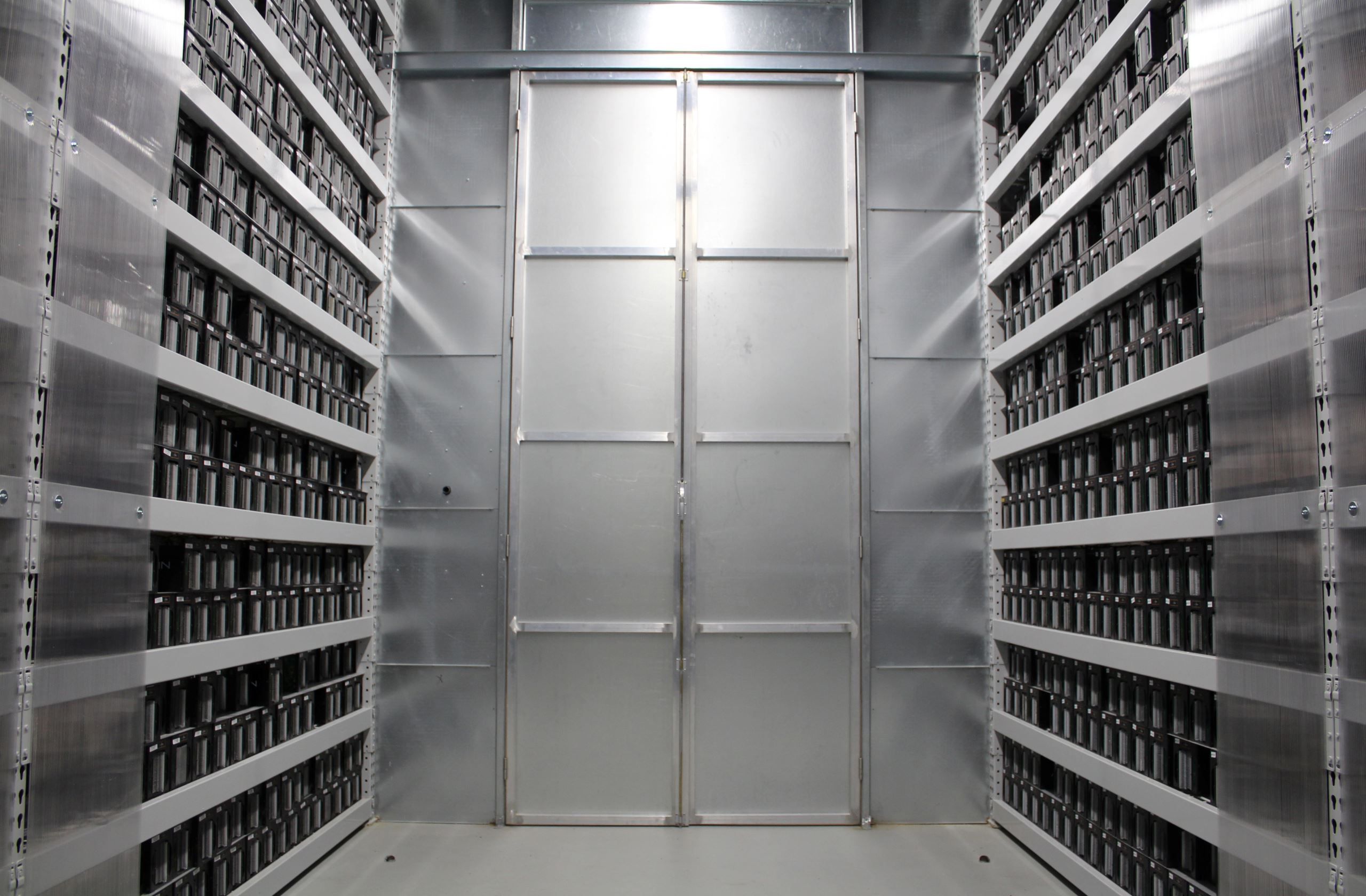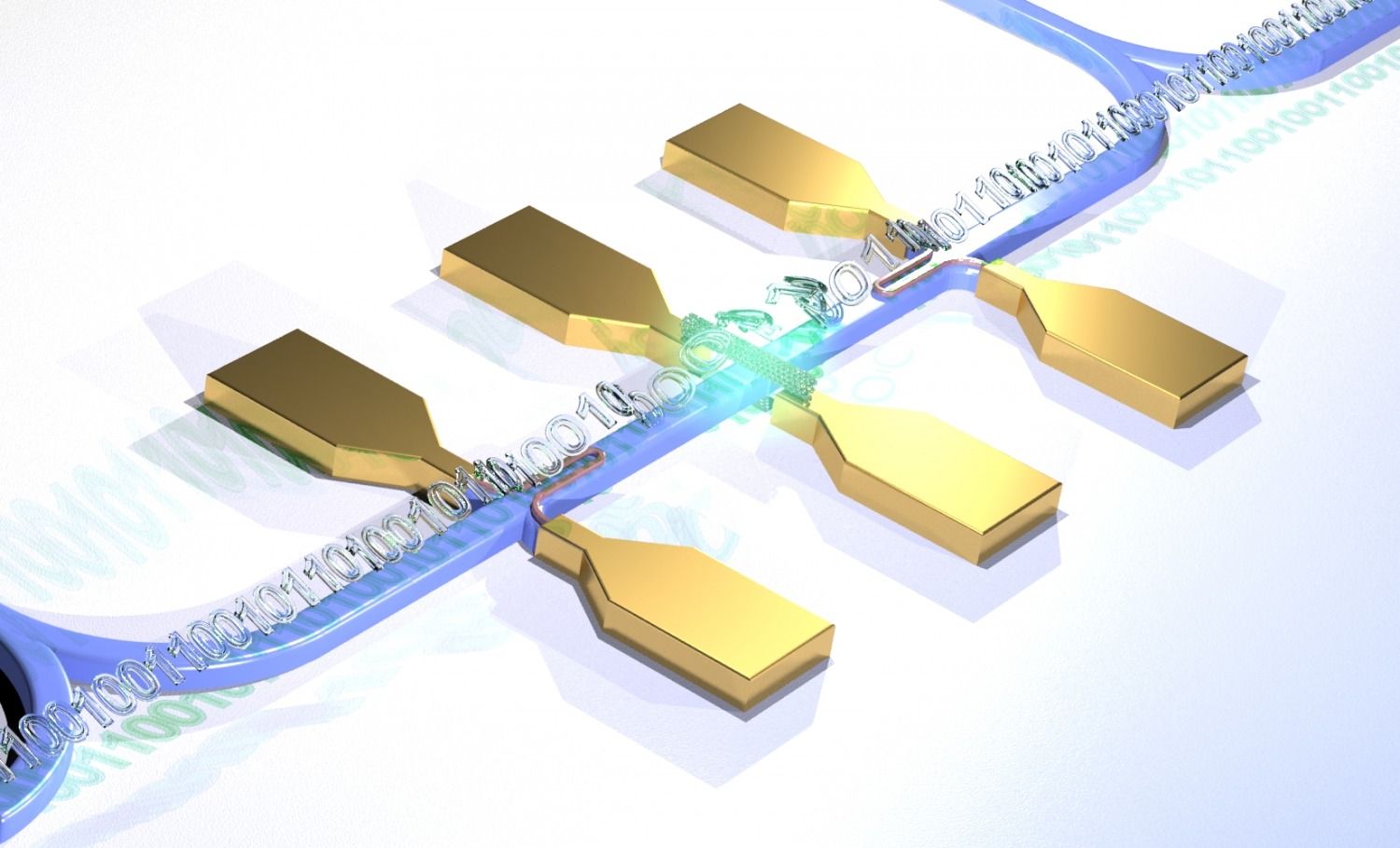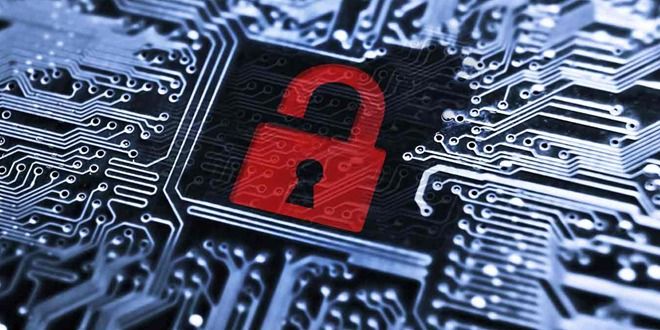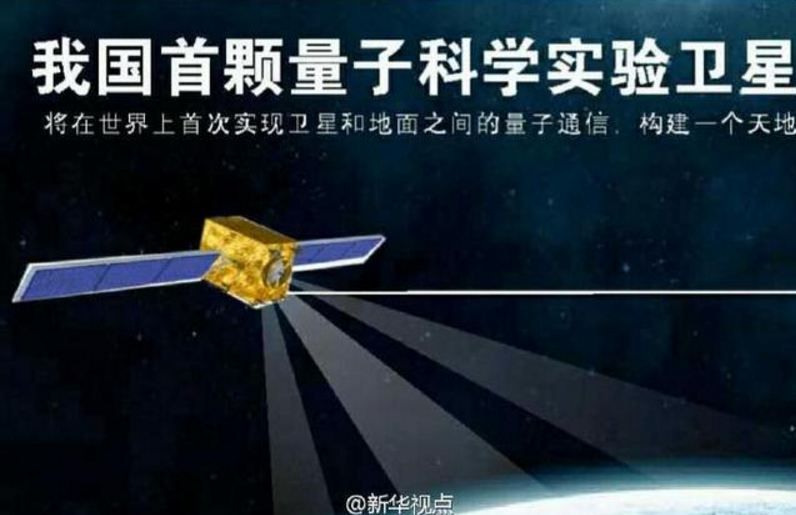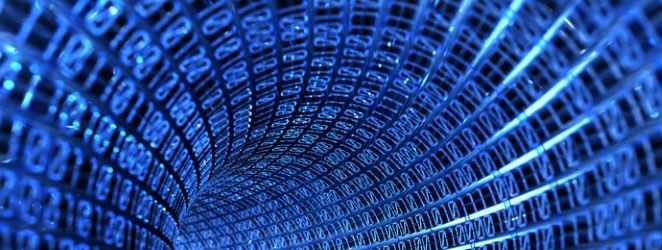Since they were first theorized by the physicist Richard Feynman in 1982, quantum computers have promised to bring about a new era of computing. It is only relatively recently that theory has translated into significant real-world advances, with the likes of Google, NASA and the CIA working towards building a quantum computer. Computer scientists are now warning that the arrival of the ultra-powerful machines will cripple current encryption methods and as a result bring a close to the great bitcoin experiment—collapsing the technological foundations that bitcoin is built upon.
“Bitcoin is definitely not quantum computer proof,” Andersen Cheng, co-founder of U.K. cybersecurity firm Post Quantum, tells Newsweek. “Bitcoin will expire the very day the first quantum computer appears.”
The danger quantum computers pose to bitcoin, Cheng explains, is in the cryptography surrounding what is known as the public and private keys—a set of numbers used to facilitate transactions. Users of bitcoin have a public key and a private key. In order to receive bitcoin, the recipient shares the public key with the sender, but in order to spend it they need their private key, which only they know. If somebody else is able to learn the private key, they can spend all the bitcoin.
